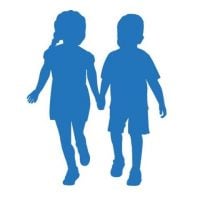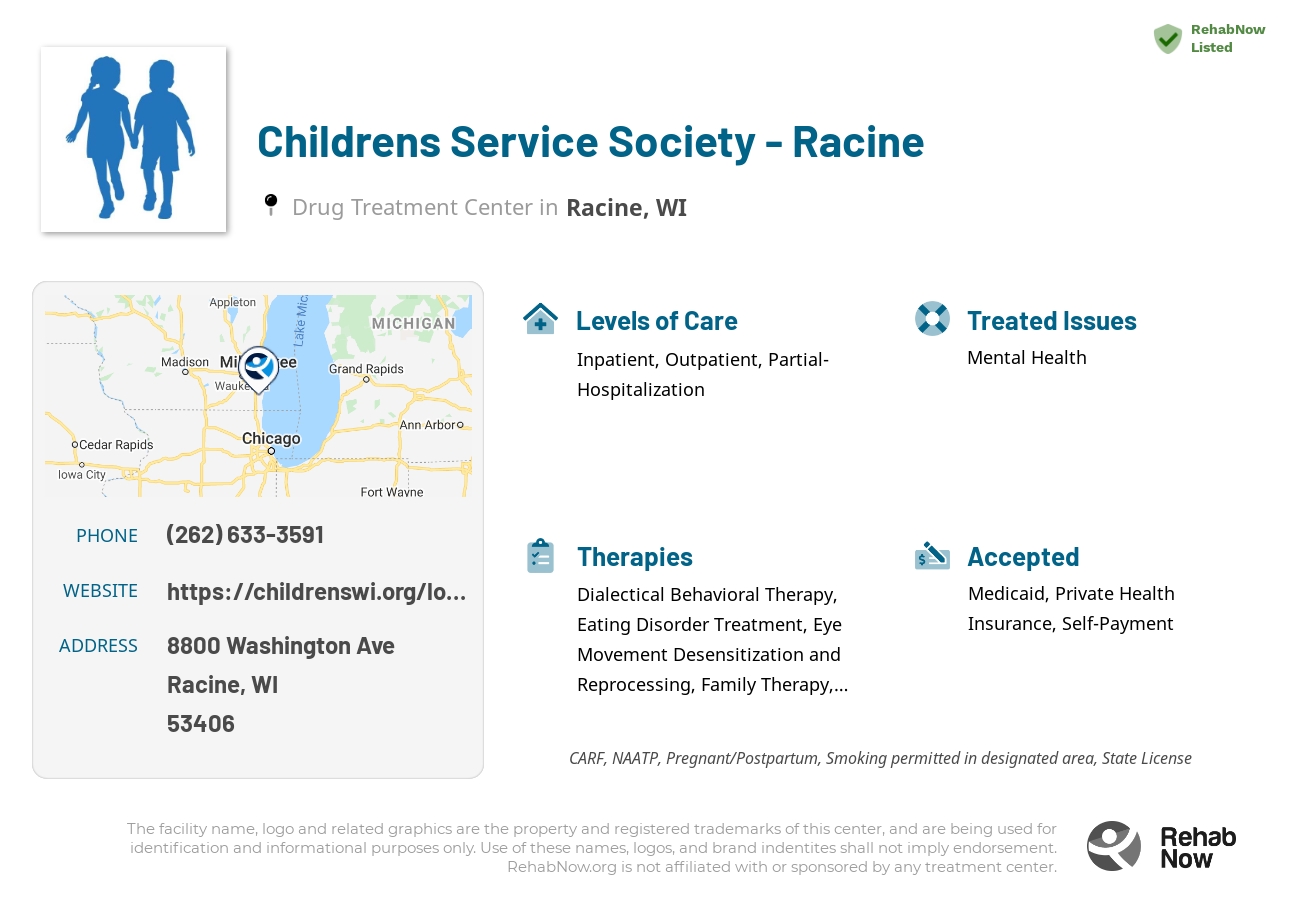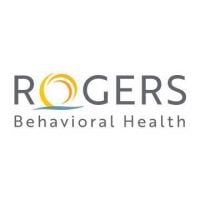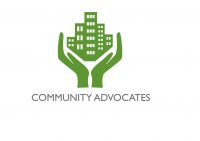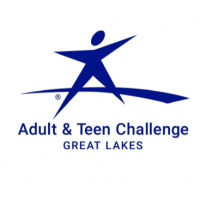Childrens Service Society - Racine
Drug Rehab Center in Racine, Wisconsin
Childrens Service Society - Racine in Racine, Wisconsin is a certified and licensed Addiction Treatment Facility offering comprehensive treatment for individuals with Eating Disorders, Mental Health, and Substance Abuse, including inpatient, outpatient, and partial-hospitalization levels of care, and accept private health insurance.
About Childrens Service Society - Racine in Wisconsin
Childrens Service Society - Racine is an eating disorder and mental health treatment facility located in Racine, Wisconsin. This center specializes in providing care for individuals suffering from eating disorders and mental health conditions. They offer various levels of care, including inpatient, outpatient, and partial-hospitalization programs. Childrens Service Society - Racine accepts private health insurance, making their services more accessible to individuals seeking treatment for their recovery journey. Affiliated with Childrens Service Society - Wisconsin, this facility aims to provide comprehensive and supportive care to individuals in need.
Childrens Service Society - Racine offers a range of services and treatment methods designed to support individuals struggling with addiction and substance abuse. Their programs are tailored to meet the specific needs of each individual, addressing both the physical and mental aspects of addiction. Through their inpatient, outpatient, and partial-hospitalization levels of care, patients can expect to receive personalized treatment plans and guidance from experienced professionals. These services may include counseling, therapy, group support sessions, medication management, and holistic approaches to recovery. With a focus on comprehensive care, Childrens Service Society - Racine aims to help individuals achieve long-term sobriety and improve their overall well-being.
Genders
Ages
Modality
Additional
Conditions and Issues Treated
Levels of Care Offered
This center offers a variety of custom treatment tailored to individual recovery. Currently available are Inpatient, Outpatient, Partial-Hospitalization, with additional therapies available as listed below.
Inpatient facilities offer a complete rehab program where the patient stays for an extended period. This allows the staff to monitor the patient on a round-the-clock basis and provide medical assistance if needed.
A significant benefit of inpatient rehab is that it allows for a safe environment for treatment. The patient doesn’t have access to drugs or alcohol, and they’re surrounded by people that want them to succeed and change their lives. Treatment starts with detox and behavioral therapy, followed by group therapy and family involvement.
Outpatient treatment consists of counseling and therapy sessions. The outpatient treatment process begins with the addict’s initial detox period, lasting about ten days. Outpatient treatment is used for those who are at moderate risk for “slipping back” into the addiction. It is also used for those who are not currently experiencing any side effects from withdrawal, can handle social pressure, have a stable living environment, and have a good support system.
PHP or Partial Hospitalization Program treatment is a treatment that takes place in a treatment facility for an individual affected by addiction. This treatment is generally more than outpatient treatment and less than inpatient treatment. It can be adjusted for an individual’s treatment needs.
Therapies & Programs
Individual Therapy is a crucial component of addiction recovery. Therapists work with patients to identify the root of their addiction and figure out how to better handle the issues that led to them using drugs. Individual Therapy is one on one sessions where people meet with their therapist. Individual therapy provides a safe space for people to open up and discuss personal and sensitive topics which they may not feel comfortable discussing in a group setting.
In this type of therapy, therapists can develop specific solutions for each patient, which helps speed up their recovery process. In addiction recovery, therapy is a crucial part. It allows patients to go deep into their core issues and discover how those problems can be better handled now. Therapy can be performed in individual sessions as well as group settings. In individual therapy for addiction, the patient meets with the therapist one-on-one to focus on the underlying issues of addiction and come up with solutions to prevent future abuse.
Family therapy is a crucial part of drug treatment and getting sober. It is one of the most effective ways to help addicts stay on the path to long-term sobriety. One of the most important parts of family therapy is the relapse prevention plan. During treatment, therapists and doctors will often sit down with the addict and their family to develop a plan if the addict ever feels like they want to use again. This plan should involve steps the addict and family can take together to prevent them from relapsing in the future.
An addict’s family can play a vital part in helping them to avoid relapse because they can spot the warning signs and help them get back on track before it becomes too much of a problem. Family therapy is one of the most effective ways to help addicts stay on the path to long-term sobriety.
Group Therapy is employed by drug treatment centers like Childrens Service Society - Racine to provide the recovering addict with a platform to talk about their feelings and experiences. It also provides for an opportunity to learn from other addicts who have successfully overcome their addiction. It is recommended that all group members be recovering addicts for this type of therapy to work.
This type of therapy involves the use of a variety of therapeutic techniques to help addicts recover from past traumas that might have triggered their substance abuse. During these sessions, therapists will work with the addict to address painful memories and learn how to cope effectively with stressors as they arise.
During these types of sessions, therapists will typically focus on three main goals:
- Identifying and expressing painful emotions associated with past traumas.
- Reducing the effects of stress on an addict’s life by developing more effective coping mechanisms.
- Developing healthy ways of thinking about stressful situations that can help addicts avoid substance abuse issues in the future.
This type of therapy is typically used in conjunction with other types of addiction treatment services. By identifying and dealing with the root cause of addiction, most addicts can overcome their cravings and prevent relapse once they leave rehab.
Many different types of addiction treatment services exist to help addicts safely get sober, but it’s important for recovering individuals to find a therapist or support group that will help them address the root cause of their addiction.
Dialectical behavior therapy (DBT) is a type of cognitive behavioral therapy that is focused on helping those with problematic behaviors caused by intense emotions and thoughts control and regulate their emotions and behavior.
Dialectic Behavior Therapy is beneficial for:
- People who have chronic suicidal thoughts and behaviors
- People who have chronic drug cravings
- People who have difficulty establishing and maintaining personal relationships
- People who have a mental disorder such as Borderline Personality Disorder
- People who have experienced trauma in their life
Cognitive Behavioral Therapy (CBT) is an approach and method in psychotherapy. Childrens Service Society - Racine asks people to investigate how their thoughts, including habitual, harmful, and inaccurate ways of thinking, affect behaviors. CBT is based on the idea that rigid, inflexible ways of thinking cause people to have a limited ability to cope with stress, which leads to emotional distress.
Likewise, CBT helps people identify maladaptive behaviors and replace them with more positive behaviors. It makes you look at the way you perceive something and ask: Is this a realistic belief? CBT asks people to look at the role of behaviors and emotional responses and how they may be distressing in one’s life. The goal of CBT is to change the way people think and behave to achieve a more balanced, healthier lifestyle.
Moreover, CBT has been shown to reduce some types of anxiety disorders, depression, and symptoms related to thoughts or actions that are considered harmful.
EMDR helps patients deal with past events. The Childrens Service Society - Racine This method also boosts healing which calms many allowing one to feel more in control when fighting addiction. EMDR is a therapeutic method that uses hand tapping or moving visual stimuli to provide stimulus to people recounting traumatic events.
Life Skills Services provide services aimed at helping people enter into and maintain long-term sobriety. The services are offered at varying levels of intensity, specific to the needs and requirements of each patient. Some benefits of these services are restoring hope and empowerment, enhancing family involvement, increasing patient compliance, and reducing relapse rates.
Training someone on improved life skills allows someone recovering from an addiction to feel more capable of taking care of him or herself. The skills taught in Childrens Service Society - Racine are daily skills that give a better recovery foundation by simply giving the person tools they need to survive.
Good nutrition can be difficult for people recovering from addiction because they may not feel like eating while they are experiencing the physical and emotional side effects of detoxing.
Nutrition therapy can help addicts in Wisconsin in the following ways:
- Helps individuals to understand which foods promote good health and support recovery that will assist them during detox
- Provides guidance and education about how to maintain a nutritious diet so they can stay healthy during recovery
- Improves their overall health and well-being, which can reduce the severity of substance withdrawal symptoms.
Nicotine replacement therapy treats nicotine addiction using external sources of nicotine, such as patches or gum to substitute for nicotine. This allows people trying to quit smoking to get their desired dose of nicotine without actually having to smoke cigarettes. There are several different types of NRT devices on the market now, and it is important to talk to your doctor about the best kind for you.
Payment Options Accepted
For specific insurance or payment methods please contact us.
Is your insurance accepted?
Ask an expert, call (888) 674-0062
Childrens Service Society – Wisconsin Associated Centers
Discover treatment facilities under the same provider.
- Childrens Service Society - Madison in Madison, WI
- Childrens Service Society - Stevens Point in Stevens Point, WI
- Childrens Service Society - Marshfield in Marshfield, WI
- Childrens Service Society - Milwaukee in Milwaukee, WI
- Childrens Hospital - Wisconsin Avenue in Milwaukee, WI
Learn More About Childrens Service Society – Wisconsin Centers
Additional Details
Specifics, location, and helpful extra information.
Racine, Wisconsin 53406 Phone Number(262) 633-3591 Meta DetailsUpdated November 25, 2023
Staff Verified
Childrens Service Society - Racine Patient Reviews
There are no reviews yet. Be the first one to write one.
Racine, Wisconsin Addiction Information
Wisconsin has some of the highest rates in the United States for both adolescent and adult substance abuse. Since 2009, the state has been experiencing the same escalating rates of drug abuse and addiction as the rest of the country. The major concerns are the misuse of prescription painkillers and the escalating number of deaths due to alcohol-related liver disease.
According to the Wisconsin Department of Health Services, drug addiction can quite severe in Racine, WI. There were 548 hospitalizations due to alcohol and drug abuse in Racine in 2014 alone. The number of overdose deaths in Racine County has more than doubled since 2013. If you are struggling with addiction, many types of treatment are available in Racine, WI. Inpatient treatment can be very effective but also very intensive and expensive.
Treatment in Nearby Cities
- Beaver Dam, WI (69.8 mi.)
- Columbus, WI (71.0 mi.)
- Green Lake, WI (94.5 mi.)
- Dousman, WI (35.7 mi.)
- Beloit, WI (59.8 mi.)
Centers near Childrens Service Society - Racine
The facility name, logo and brand are the property and registered trademarks of Childrens Service Society - Racine, and are being used for identification and informational purposes only. Use of these names, logos and brands shall not imply endorsement. RehabNow.org is not affiliated with or sponsored by Childrens Service Society - Racine.
